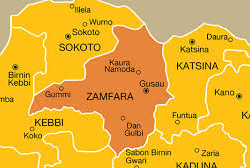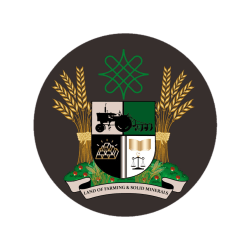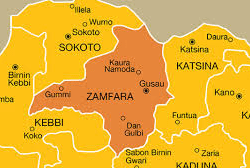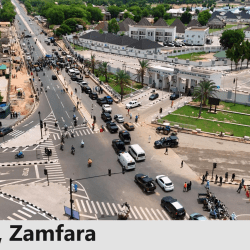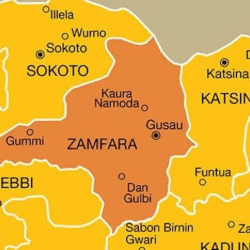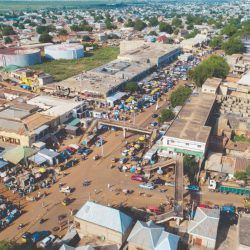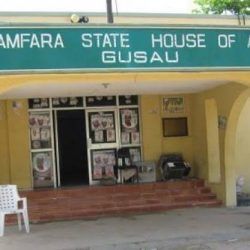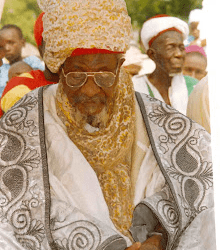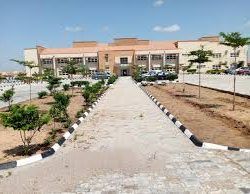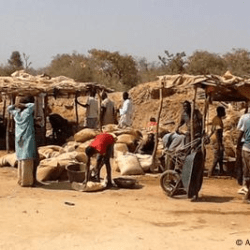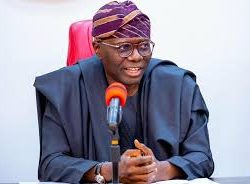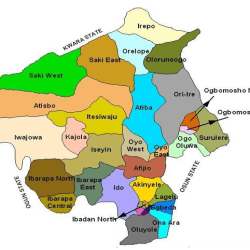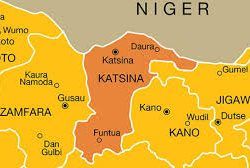Zamfara, located in northwestern Nigeria, is a state rich in history, culture, and natural resources. Established in 1996, the state’s capital is Gusau, and its current governor is Dauda Lawal. Historically, it was part of Sokoto State and has deep roots dating back to the old Hausa Kingdoms.
History and Development:
- Zamfara was once part of the larger Sokoto State before gaining autonomy in 1996 under the rule of General Sani Abacha.
- The state has a deep history that traces back to the 11th century, playing a key role in commerce and scholarship within the Hausa Kingdoms.
- It was incorporated into the Sokoto Caliphate after the 1804 jihad led by Usman dan Fodio.
Geography and Climate:
- Bordered by Niger to the north, Kaduna and Niger to the south, Katsina to the east, and Sokoto and Kebbi to the west.
- The climate is tropical, with high temperatures reaching up to 38°C between March and May. The rainy season spans from May to September.

Economy:
- Agriculture is the cornerstone of the economy, with more than 80% of the population engaged in farming. Key products include millet, maize, rice, cotton, and groundnuts.
- Zamfara is rich in natural resources, including gold, iron ore, limestone, and granite.
- Gold mining is significant but has led to environmental and health issues, notably lead poisoning.

Population and Demographics:
- The population, according to the 2006 census, is 3,278,873. The majority of the inhabitants are Hausa, and the state is highly heterogeneous with various ethnic groups from across Nigeria.
- Islam is the dominant religion, with Christianity and native religions also present.

Challenges:
- Poverty is a major challenge, with over 60% of the population living in extreme poverty according to 2018 World Bank data.
- Banditry has been a significant issue, with several high-profile attacks, including the 2021 kidnapping of 279 schoolgirls in Jangebe and the massacre of over 200 people in early 2022.
Infrastructure and Transport:
- Zamfara is well-connected by federal highways and railways, with Gusau serving as a key hub. Gusau also has an airstrip for regional travel.
Notable People:
- Zamfara has produced several notable politicians, including former governors like Ahmad Sani Yerima and Abdul’aziz Abubakar Yari.
Tourism:
- Notable tourist attractions include Mount Kwatarkwashi and the ancient settlement of Jata.
Tertiary Institutions:
- Federal University Gusau
- Federal Polytechnic, Kaura-Namoda
- Zamfara State University
Zamfara’s history, natural wealth, and challenges present a rich tapestry of Nigerian socio-political life, making it an important state in Nigeria’s northwest.
